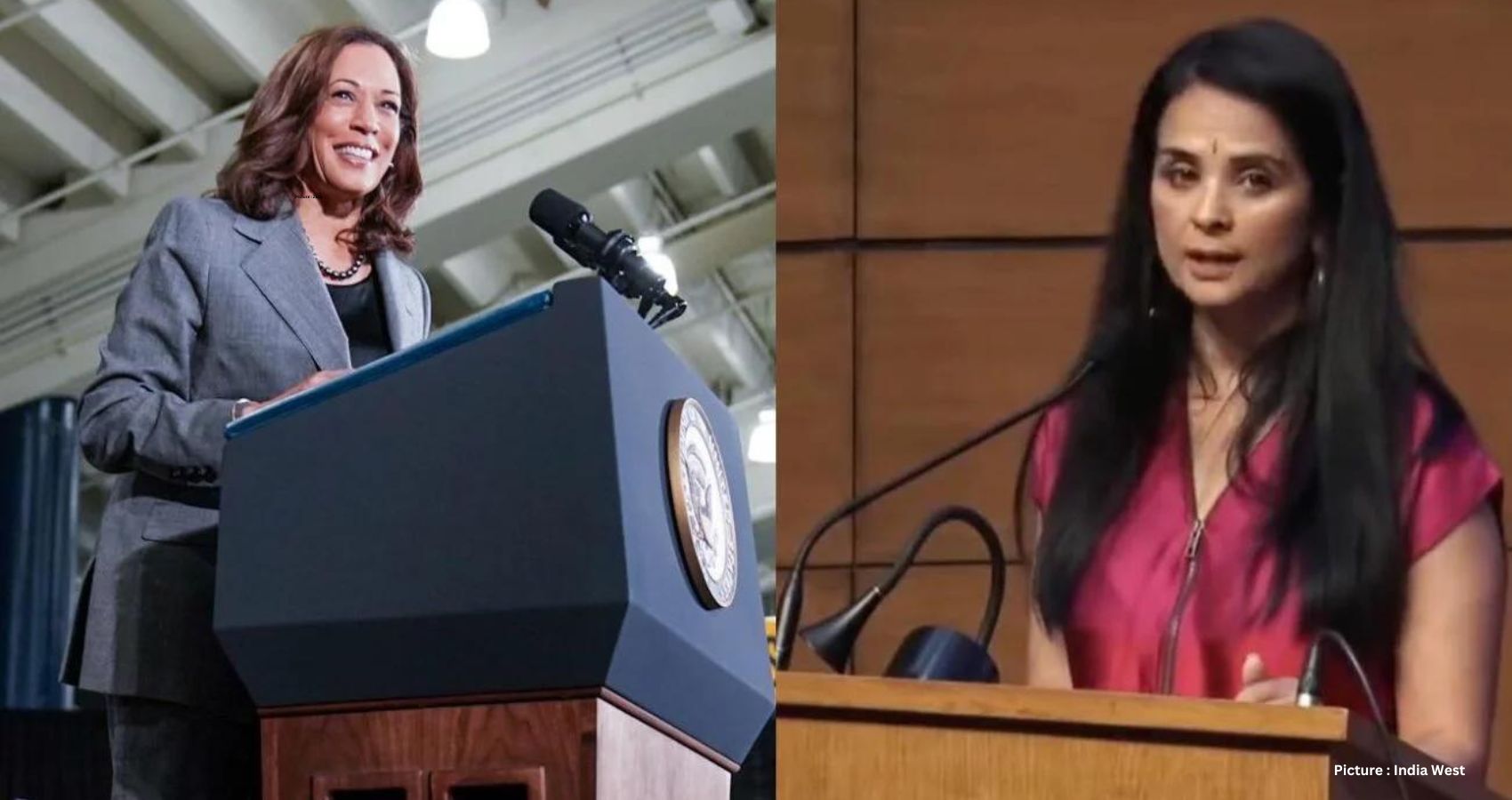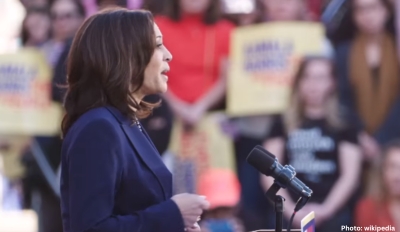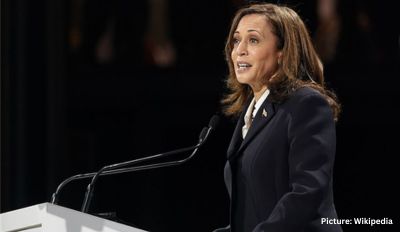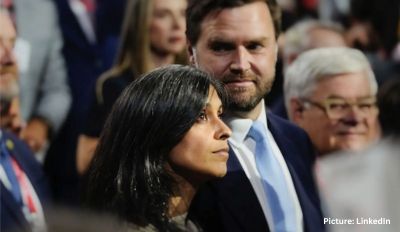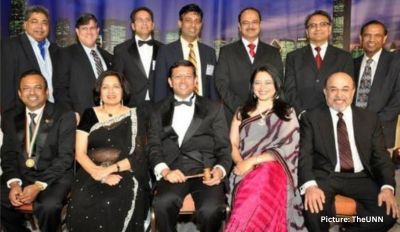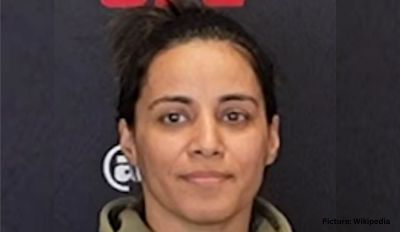Two Indian Americans have been named to Forbes’ 100 most powerful women in the world 2023 list namely US Vice President Kamala Harris and Netflix’s chief content officer Bela Bajaria. This year’s honorees represented a wide range of industries, including technology, banking, media, entertainment, politics, and philanthropy.
The Vice President of the United States has maintained her position at number three for the second year in a row. She had received recognition in the category of politics and policy. The 59-year-old created history as the first woman, the first Black person, and the first South Asian-American to become US Vice President in January 20, 2021.
Harris was also the first Indian American woman to be elected to the US Senate in 2016 and the first woman to serve as California’s Attorney General in 2010. Born to a biologist and civil rights activist from Chennai, India, Harris grew up in Oakland, California and graduated from Howard University and the University of California, Hastings College of the Law.
Bajaria was ranked at the 67th position under the media and entertainment category on the Forbes list. Born in London, she had spent her earliest years in Britain and Zambia, and then moved to Los Angeles when she was 8.
Having held the role of head of Global TV since 2020, Bajaria was appointed as Netflix’s chief content officer in January 2023. She oversees all of the streaming service’s globally distributed scripted and unscripted series, including Lupin, Bridgerton, The Queen’s Gambit, and Cobra Kai.
Before joining Netflix in 2016, Bajaria was president of Universal Television, where she was the first woman of color to oversee a studio. The 52-year-old has also featured in TIME’s 100 Most Influential People list in 2022.
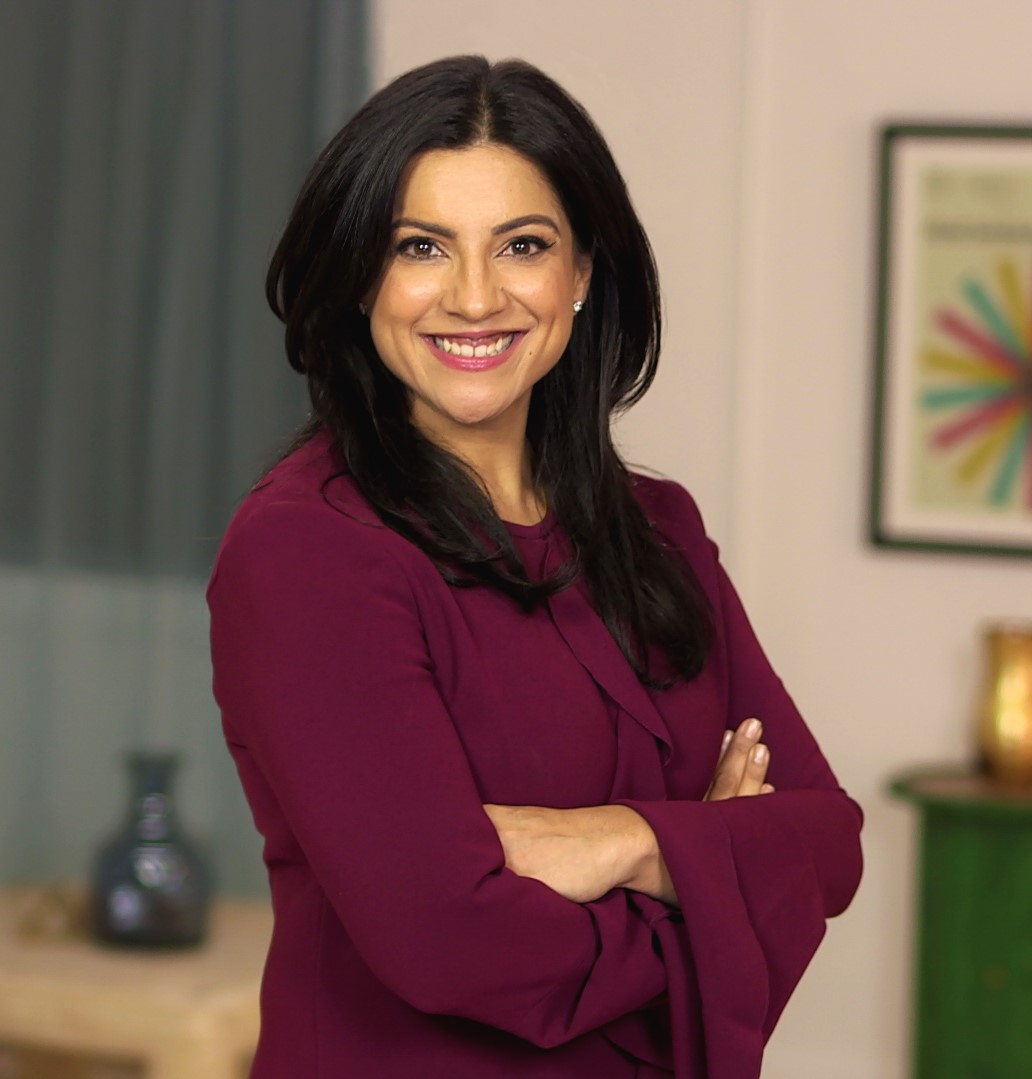 Forbes also included four Indian women in their list of the 100 most powerful women in the world. The country’s finance minister, Nirmala Sitharaman, came in at number 32 in the politics and policy category. HCL Technologies chairperson and industrialist Roshni Nadar Malhotra ranked number 60 in the technology category. Soma Mondal, CEO of the Steel Authority of India, was number 70 in the business category. Kiran Mazumdar-Shaw, an entrepreneur, was number 76 in the business category.
Forbes also included four Indian women in their list of the 100 most powerful women in the world. The country’s finance minister, Nirmala Sitharaman, came in at number 32 in the politics and policy category. HCL Technologies chairperson and industrialist Roshni Nadar Malhotra ranked number 60 in the technology category. Soma Mondal, CEO of the Steel Authority of India, was number 70 in the business category. Kiran Mazumdar-Shaw, an entrepreneur, was number 76 in the business category.
The Indian American activist Reshma Saujani was included in Forbes’ list of women who are rising to prominence but are not quite among the 100 most powerful people in the world. The Forbes Women To Watch In 2024 list also includes Mira Murati, Fei-Fei Li, Michele Bullock and Hafize Gaye Erkan.
Founder and CEO of the non- profit Girls Who Code, Saujani’s work focuses on female empowerment.
The organization works to empower women in the field of computer science, and end gender discrimination in the field. Forbes observed that over the last 11 years, the organization has educated more than 500,000 girls, women and non-binary participants.
Post Covid, Saujani has shifted her energy towards advocating for better family leave and childcare policies in the US. She founded the Marshall Plan for Moms, which has become Moms First. In an interview with Forbes Women editor Maggie McGrath, Saujani emphasized that “childcare is an economic issue, not a social issue.” Her movement has ignited a national conversation about how to support moms and is backed by A-list celebrities, activists, and business leaders. In September 2015, Saujani was named in the Fortune Magazine’s 40 under 40 list. She has authored books including: Women Who Don’t Wait in Line: Break the Mold, Lead the Way, published by Houghton Mifflin Harcourt in 2013, and Girls Who Code: Learn to Code and Change the World, published by Viking in August 2017, and Brave, Not Perfect: Fear Less, Fail More, and Live Bolder in 2018.
Illinois-born Saujani hails from a Gujarati Indian family settled in Chicago. She earned a bachelor’s degree in political science and speech communication from the University of Illinois at Urbana-Champaign in 1997, a master’s degree in public policy from Harvard’s John F. Kennedy School of Government in 1999, and a juris doctorate from Yale Law School in 2002.

